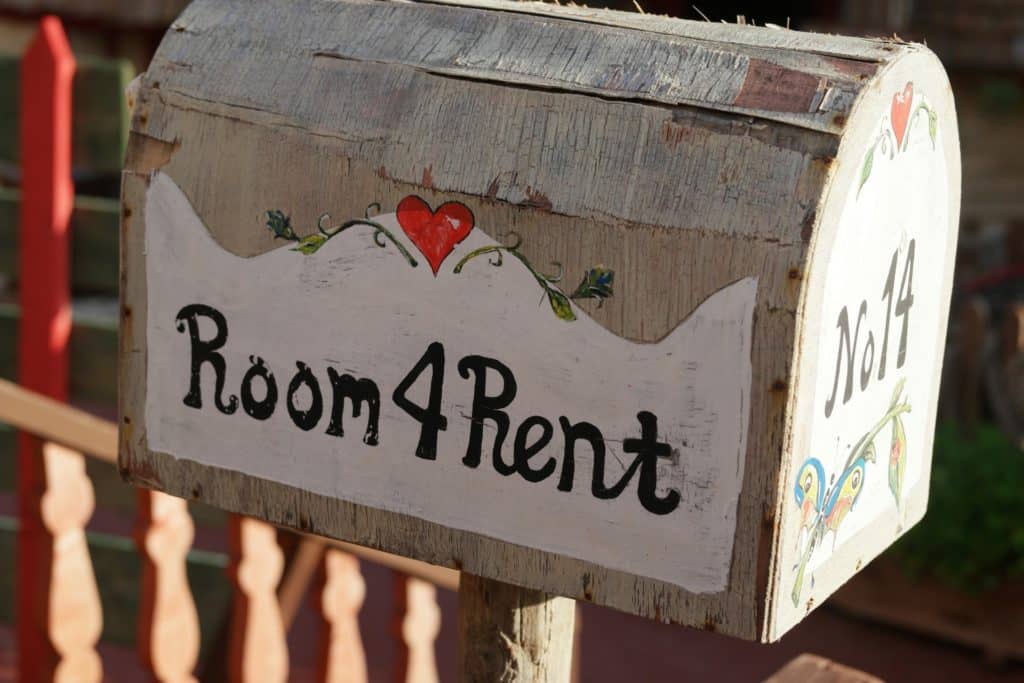A 75-year-old woman realized that she wanted to find a housemate, as she had reached the point where she couldn’t live alone anymore. Deborah Knox had Parkinson’s disease, and she needed help if she was going to stay in her three-bedroom house. However, when her new roommate came in with a coffee table and insisted it be featured in the living room, the two had to work things out.
Knox lost the living room battle, but she said she’d rather do that than look at her coffee table in an assisted living setting, as explained in AARP Bulletin’s article “Housemate Wanted. Must Lift Heavy Objects.”
This is not unusual for the newest retirement dynamic, senior housemates. Older Americans are seeking companionship, mutual care, and in some cases, a less expensive living situation. The number of households headed by renters 65 and older is expected to balloon by 80%, according to the Joint Center for Housing Studies at Harvard University.
A small industry has emerged from this need. There are companies that match housemates, doing background checks and matching up older renters. There are also companies that focus on older homeowners with housemates who can also help with chores.
The “Golden Girls model” is alive and well. The trend is more common among women, possibly because women tend to live longer than men and may feel more comfortable living in a communal setting. However, there are challenges. Living with a housemate isn’t without issues. A renter may feel unsettled by the lack of control, while a homeowner may feel agitated at having to share possessions and space.
Sharing houses may not be the American dream, but it may present a solution for seniors who want to maintain their independence.
Living with a housemate takes work. It also benefits from rules that are written down and agreed upon in advance. One woman purchased an eight-bedroom house in Portland and rented rooms to women who were like her, 55 or older and single. The tenants make their house rules and collectively decide who joins the community. So far, all but three rooms are filled.
Finding a roommate who isn’t family requires some caution, advise experts. Some services offer a two-week trial period, but prepare for a confrontation if it does not work for you. Explore all issues, especially the thorny ones, in your first interviews. If your politics or spiritual practices are vastly different, there may be no way to overcome that. You should also discuss the details. Does one person like to watch television all the time at full blast? If you prefer a quiet house, that’s not going to work out.
Put it in writing, from how costs will be divided into how bills will be paid. Who will be responsible for which chores? Are overnight guests permitted? Does the homeowner have the ultimate say? The more details you can cover, the less room for quarrels.
Remember to focus on the good for each housemate too: a communal dinner, weekly or daily, and regular outings can foster friendships in this new phase of life.
Reference: AARP Bulletin (March 14, 2019) “Housemate Wanted. Must Lift Heavy Objects”
See related, How Your Caregiver Can Get Paid and Treated Fairly


